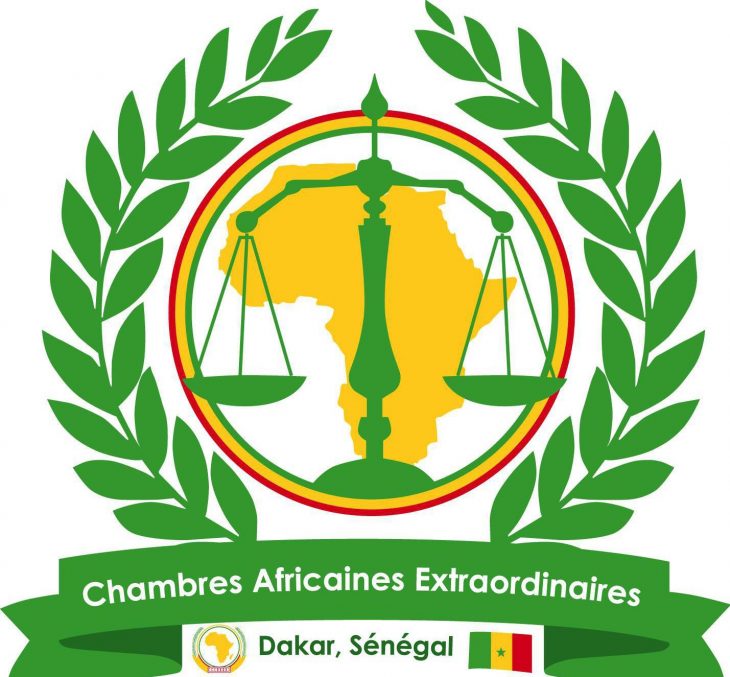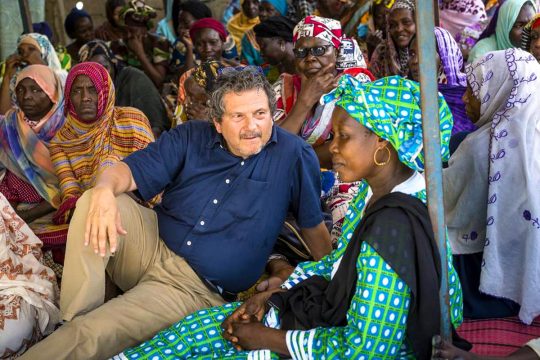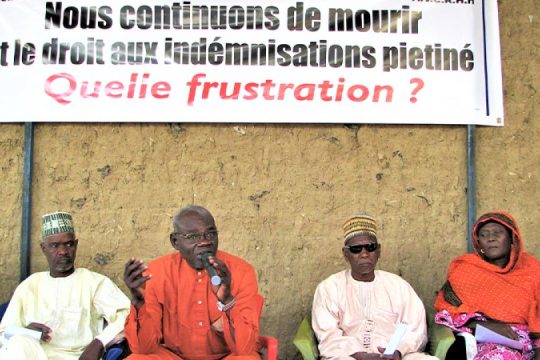Over 25 years ago, Souleymane Guengueng, a deeply religious civil servant who watched dozens of his cellmates succumb to torture and disease in Hissène Habré’s Chadian prisons, took an oath that if he ever got out of jail alive, he would bring his tormentors to justice.
Today I sat alongside Souleymane and other survivors as Habré was convicted of atrocities by a special court in Senegal, where he’s lived in luxurious exile since his overthrow in 1990. For many years, as Souleymane and his colleagues hit one obstacle after another on their path to justice, the common refrain was that they would never succeed. But in a case which looked dead so many times, the victims made it clear that they would never go away. They pressed forward in Senegal and Belgium, at the UN Committee against Torture, at the African Union and, with the support of Belgium, at the International Court of Justice. As the NY Times wrote recently, “many African countries have endured abusive dictators, warlords and large-scale bloodshed that has gone unpunished. But the Habré case has stood out because of determined victims who were advised and supported by Human Rights Watch and other advocates.”
A number of extraordinary people, some recognized, others not, have added their “grain of sand” to this effort but none more so than the courageous and determined Chadian lawyer Jacqueline Moudeina, who survived a 2001 grenade attack from a Habré henchman to lead the victims in battle, shrapnel still in her leg today. Clément Abaifouta, the “gravedigger” forced to bury other detainees in mass graves, took over the victim’s association when death threats forced Souleymane into exile. And everything changed for the victims when Macky Sall became president in Senegal in 2012 and his first justice minister Aminata Touré, “Mimi the Storm,” made the Habré case a cornerstone of her campaign against official impunity and corruption.
It’s been a long journey for me too, which began in 1999, while still working on the Pinochet case which set a precedent that Chadian survivors were inspired to emulate.
Sadly, many survivors of Habré’s prisons, friends like Ismael Hachim, Samuel Togoto and Sabadet Totodet, died without getting to see the dictator on trial. ‘Papa’ Adimatcho, badly tortured in prison and confined to a bed these last years, died just two days before he was to testify by video-link.
Today, though, will be carved into history as the day that a band of unrelenting survivors brought their despot to justice.
“I feel ten times bigger now than Hissène Habré,” said Souleymane after the verdict.
We hope that just as Habré’s victims were galvanized by what Pinochet’s victims achieved, other survivors, other activists, will now be inspired by what Hissène Habré’s survivors have been able to do.





